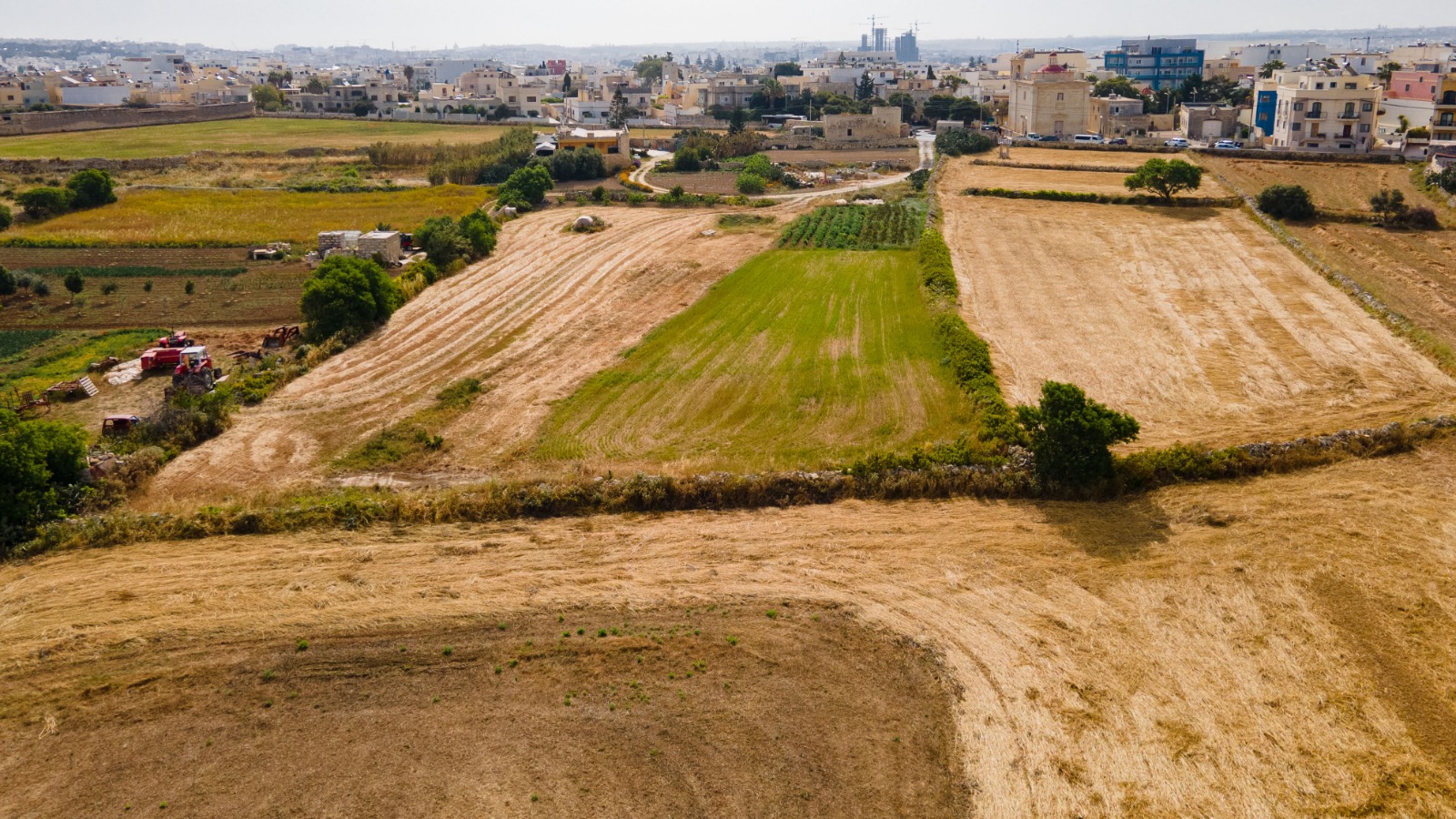
Article by Auxiliary Bishop Joseph Galea-Curmi
A year ago today, Pope Francis published his third encyclical, entitled Fratelli Tutti (We are all brothers and sisters). It speaks about fraternity and social friendship, which the Pope indicates as the ways to build a more just and peaceful world, with the contribution of all. The encyclical represents a new call for a profound conversion and a radical change in the way we live.
St Francis of Assisi, whose feast we celebrate tomorrow, is the Pope’s main source of inspiration, as Pope Francis himself explains: “This saint of fraternal love, simplicity and joy, who inspired me to write the Encyclical Laudato Si’, prompts me once more to devote this new Encyclical to fraternity and social friendship. Francis felt himself a brother to the sun, the sea and the wind, yet he knew that he was even closer to those of his own flesh. Wherever he went, he sowed seeds of peace and walked alongside the poor, the abandoned, the infirm and the outcast, the least of his brothers and sisters” (Fratelli Tutti, 2).
In several ways, Fratelli Tutti, continues from Laudato Si’, in which the Pope outlines a new ecological vision of how we live in “our common home”, and invites us all to hear the suffering cry of life and “mother earth” in crisis because of human exploitative actions. He proposes another way of living together, cherishing the whole of creation as a gift that God has entrusted to all. The vision of Laudato Si’ shows a different way of thinking and acting – an integral ecology – that might lead to find solutions and to live in greater harmony with the natural world around us.
… when we take care of the environment we are taking care of ourselves.
Pope Francis explains how when we take care of the environment we are taking care of ourselves. We need to think of ourselves as a single-family, dwelling in a common home. Such care would be resisted by those economic powers that are only interested in quick profits. The Pope says: “Often the voices raised in defence of the environment are silenced or ridiculed, using apparently reasonable arguments that are merely a screen for special interests” (Fratelli Tutti, 17). He says that this is a shallow, short-sighted culture.
An economy that is respectful of the environment will not have the maximisation of profits as its only objective. Environmental protection cannot be assured only on the basis of financial calculation of costs and benefits. The Pope insists on the need of a shared passion to create a community of belonging and solidarity: “The notion of ‘every man for himself’ will rapidly degenerate into a free-for-all that would prove worse than any pandemic” (Fratelli Tutti, 36).
Pope Francis emphasizes the point that development must not aim at the amassing of wealth by a few: “In the face of many petty forms of politics focused on immediate interests, I would repeat that ‘true statecraft is manifest when, in difficult times, we uphold high principles and think of the long-term common good. Political powers do not find it easy to assume this duty in the work of nation-building’ (Laudato Si’, 178), much less in forging a common project for the human family, now and in the future. Thinking of those who will come after us does not serve electoral purposes, yet it is what authentic justice demands” (Fratelli Tutti, 178).
✠ Joseph Galea-Curmi
Auxiliary Bishop
This article was published in the Sunday Times of Malta on 3rd October 2021





